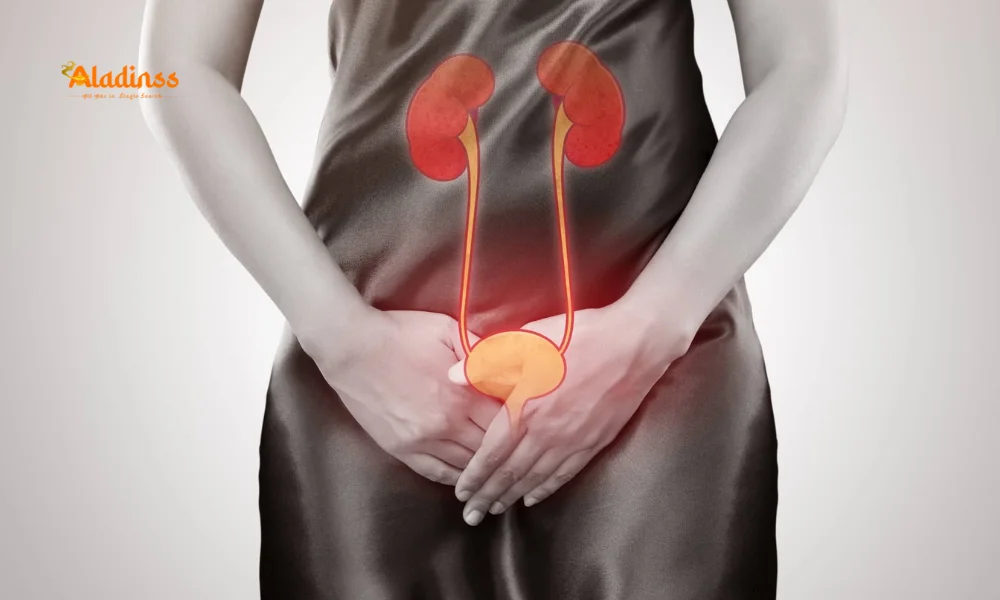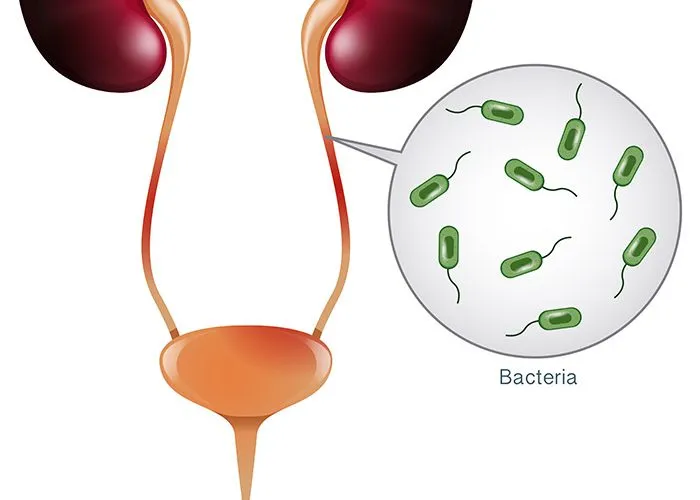UTI: 7 Foods to Avoid During Treatment

Urinary Tract Infection: 7 Foods to Avoid During Treatment
Urinary tract infections (UTIs) are painful and disruptive, affecting millions of people each year. While antibiotics are the cornerstone of UTI treatment, the foods and drinks you consume can significantly influence the severity of your symptoms and the speed of your recovery. Certain foods can irritate the bladder, increase urinary urgency, or even fuel bacterial growth, making it harder for your body to fight the infection. By avoiding specific foods, you can reduce discomfort, support your treatment, and promote faster healing. Here are seven foods and drinks you should steer clear of during a UTI to manage symptoms effectively and aid recovery.
1. Acidic Foods and Drinks
Acidic foods, such as citrus fruits (oranges, lemons, limes, grapefruits), tomatoes, and carbonated beverages like sodas, can exacerbate bladder irritation during a UTI. The bladder lining becomes particularly sensitive when infected, and consuming acidic foods can heighten this sensitivity, making urination more painful and uncomfortable. For example, the high acidity in orange juice or tomato-based sauces can aggravate symptoms, leading to increased burning sensations. To minimize discomfort, avoid acidic foods and opt for neutral or alkaline options, such as bananas or pears, until the infection clears.
Carbonated drinks, including seltzers and flavored sparkling waters, should also be avoided due to their acidic nature. These beverages can further irritate the bladder, worsening symptoms like urgency and discomfort. Replacing acidic drinks with plain water or herbal teas can help soothe the urinary tract and support the body’s natural flushing mechanisms, aiding in the elimination of bacteria.
2. Spicy Foods
Spicy foods, including chili peppers, salsas, curries, and hot sauces, contain capsaicin, a compound known to irritate the bladder and urinary tract. For individuals with a UTI, capsaicin can intensify the urge to urinate and increase discomfort, making an already painful condition worse. The irritation caused by spicy foods can also lead to heightened sensitivity in the bladder lining, exacerbating symptoms like burning during urination. To manage UTI symptoms effectively, stick to a bland diet with mild flavors, such as plain rice, steamed vegetables, or lean proteins, until the infection subsides.
Avoiding spicy foods doesn’t mean sacrificing flavor entirely. Herbs like parsley or basil can add taste to meals without triggering bladder irritation. By minimizing capsaicin intake, you can reduce urinary frequency and discomfort, allowing your body to focus on healing the infection.
Also Read: 15 Tips for Nutritious Meals on a Budget
3. Caffeinated Beverages and Foods
Caffeine, found in coffee, tea, sodas, energy drinks, and chocolate, is a known bladder stimulant that can increase urinary urgency and discomfort during a UTI. Caffeine acts as a diuretic, prompting more frequent urination, which can irritate an already sensitive bladder. This heightened activity can worsen symptoms like burning and pain, making it harder to manage the infection. Reducing or eliminating caffeine intake is crucial until the UTI is fully resolved to avoid exacerbating symptoms.
For coffee or tea drinkers, switching to decaffeinated alternatives or herbal teas, such as chamomile or peppermint, can help maintain hydration without stimulating the bladder. Limiting caffeine intake not only reduces irritation but also supports a smoother recovery by allowing the bladder to rest and heal.
4. Alcohol
Alcohol, including wine, beer, and spirits, is another diuretic that increases urine production and can further irritate a sensitive bladder during a UTI. This increased urinary output can lead to heightened discomfort and more frequent trips to the bathroom, exacerbating symptoms. Additionally, alcohol can interfere with the effectiveness of antibiotics commonly prescribed for UTIs, potentially prolonging the infection and delaying recovery.
Avoiding alcohol during treatment is essential to support the body’s immune response and ensure antibiotics work effectively. Opt for hydrating beverages like water or electrolyte-infused drinks to flush out bacteria and maintain proper hydration, which is critical for UTI recovery.
5. Sugary Foods and Drinks
Sugary foods and drinks, such as sodas, sweetened teas, fruit juices, desserts, candies, and breakfast cereals, can worsen UTI symptoms by providing an energy source for bacteria. Excess sugar in the urine creates an environment where bacteria, particularly E. coli (responsible for 80-90% of UTIs), can thrive and multiply. High sugar intake also increases urine acidity, which can irritate the bladder and weaken the immune system, hindering the body’s ability to fight the infection.
To support recovery, limit consumption of sugary snacks and beverages, opting instead for low-sugar alternatives like fresh berries, which contain natural compounds like proanthocyanidins that may help prevent bacterial adhesion in the urinary tract. Maintaining a balanced diet with minimal added sugars can reduce inflammation and promote faster healing.

6. High-Sodium Foods
Foods high in sodium, such as processed snacks, pizza, canned soups, deli meats, and certain breads or desserts, can overstimulate the nervous system and increase bladder activity. Excessive sodium intake can lead to water retention, which may exacerbate urinary frequency and discomfort in individuals with a UTI. High sodium levels can also contribute to overall inflammation, making it harder for the body to recover from the infection.
Reducing salt intake is crucial for managing UTI symptoms and supporting urinary health. Choose fresh, whole foods like vegetables, lean proteins, and whole grains, which are naturally low in sodium and less likely to irritate the bladder. Reading food labels carefully and avoiding processed or packaged foods can help keep sodium levels in check during treatment.
7. Processed Meats
Processed meats, such as sausages, bacon, ham, and deli meats, often contain nitrates and preservatives that can irritate the bladder during a UTI. These additives can exacerbate inflammation and increase discomfort, making it harder to manage symptoms. Additionally, processed meats are typically high in sodium and unhealthy fats, which can further contribute to bladder irritation and systemic inflammation.
Instead of processed meats, opt for fresh protein sources like grilled chicken, fish, or lean cuts of red meat. These alternatives provide essential nutrients without the bladder-irritating additives found in processed products. Choosing nitrate-free or minimally processed options can further support recovery and reduce the risk of symptom flare-ups.
Additional Tips for UTI Management
In addition to avoiding these foods, adopting a bladder-friendly diet can enhance UTI treatment and recovery. Drinking plenty of water is essential to flush out bacteria and dilute urine, reducing irritation. Foods rich in probiotics, such as plain Greek yogurt or fermented foods like sauerkraut, can support gut health and prevent harmful bacteria from thriving. High-fiber foods, like whole grains and vegetables, promote regular bowel movements, reducing bladder pressure and aiding recovery.
It’s also important to follow your doctor’s advice and complete the full course of prescribed antibiotics, even if symptoms improve, to ensure the infection is fully cleared. Practicing good hygiene, such as wiping from front to back and urinating after sexual activity, can help prevent recurrent UTIs. If symptoms persist or worsen, consult a healthcare professional to rule out complications like kidney infections.
Comment / Reply From
No comments yet. Be the first to comment!






